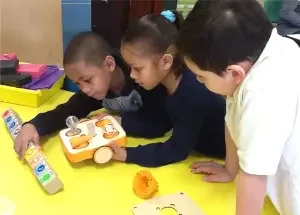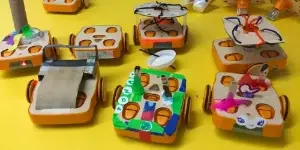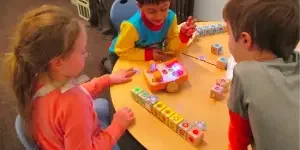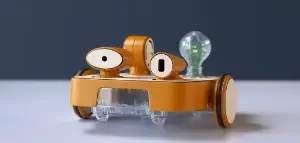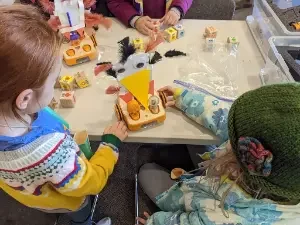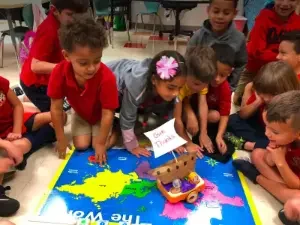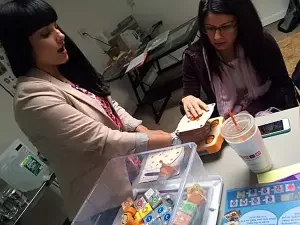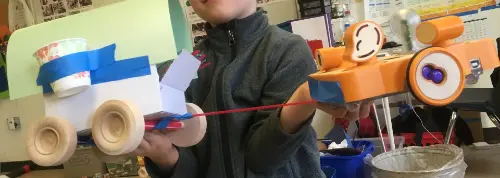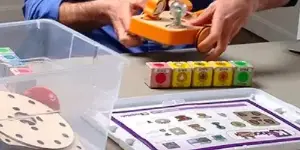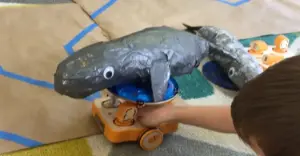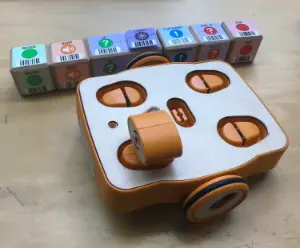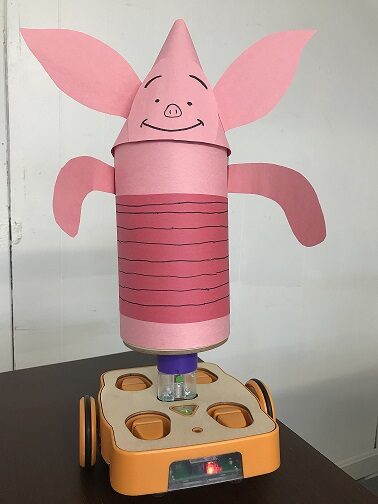Grants for STEM Education
Learn about grants for STEM Education when bringing edtech to elementary-aged students in the classroom, makerspaces, afterschool programs, summer programs, and more.
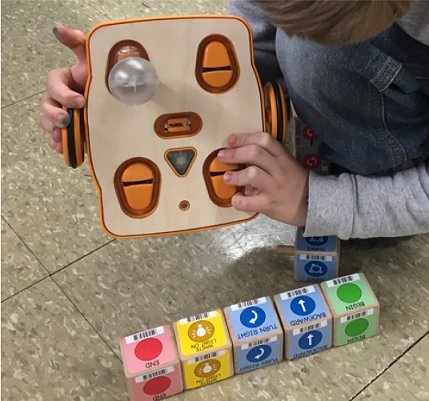
Give children the chance to make their ideas tangible.
You’re probably thinking that KIBO only qualifies for robotics or technology grants, but not true! KIBO fits into almost every aspect of early learning curricula, including specific grants for STEM education. Learn about the different types of grants for STEM education that are available and supporting resources to help you apply!
Start with the Need
Robotics engages young children in learning STEM concepts and skills through experiential opportunities that are developmentally appropriate.
KIBO integrates computer science and engineering with math, literacy, physical movement and the arts. It provides endless opportunities for educational, as well as social and emotional growth.
Discuss the Research
Unlike many programming tools and coding robots for kids, KIBO is backed by 20+ years of early childhood development research.
Real research by Prof. Marina Bers at Boston College, and her previous work at the MIT Media Lab with Seymour Papert, offers years in learning technologies and child development.
Summarize with the Benefits
Designed for open-ended play, KIBO let’s children make (and learn) almost anything with the integration of the arts with computer science.
Children bring characters from a story to life, become builders and inventors, experiment, create, explore individuality. And most of all, enjoy learning new things in new ways while gaining self-confidence.
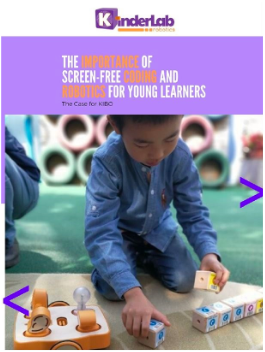
“The Case for KIBO” Guide can help you when writing a grant!
Request a KIBO Demo and learn more about the hands-on STEAM coding robot!
STEAM/STEM Grants and Funding Resources
Learn about some of the ways you can find and secure grants for STEM education for the purchase of educational technology such as the screen-free KIBO robot.
"In applying for a Maryland State Department of Education grant specifically for robotics instruction, I drew heavily on KinderLab Robotics’ research regarding the benefits of play and creativity with KIBO. The work Kinderlab Robotics has already done to map their KIBO curriculum to CSTA Standards provided a framework for aligning my proposal with MSDE standards."
Jane de Winter, Executive Director, Big Learning Science & Engineering, MD
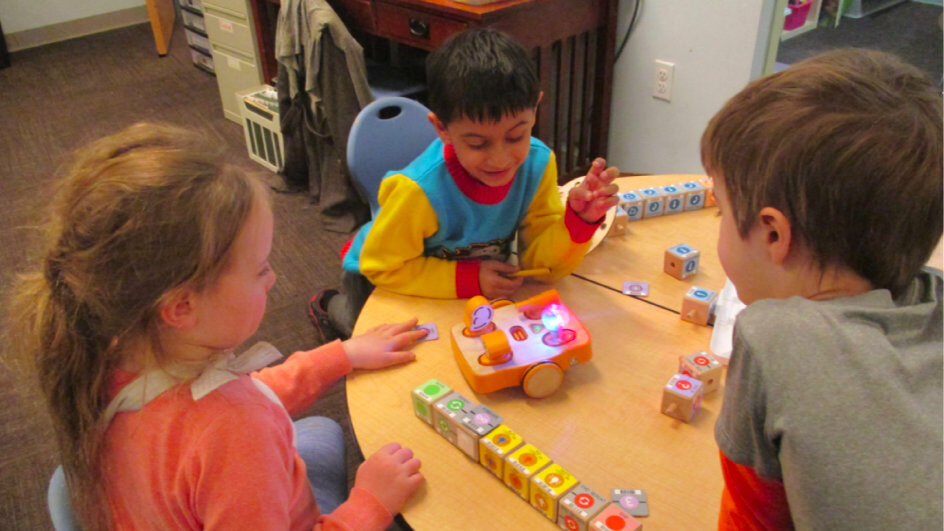
All This and it's Screen-Free(!) Too
KIBO’s screen-free advantage is more than just a benefit to students growing up in an online society. The hands-on manipulatives, and “unplugged” logic benefits critical thinking, motor skills, and cognitive reasoning that most coding programs for early learners do not afford.
As a staple in innovation labs, makerspaces, libraries, as well as in the classroom, KIBO integrates easily into existing lesson plans and activities for endless, playful engagement.

Don't Take KIBO for Grant(ed)
Investing in KIBO goes a long way, by providing years of learning for PreK-5th grade learners. It’s important for educators to implement technology strategies that go the distance…and “grow” with your students.
This infographic shares how KIBO is used in PreK through elementary school to demonstrate multifaceted lessons and different areas of learning with a single coding robot. Learn more and get those grants for STEM education!

